How to prepare for a preparation for adulthood meeting
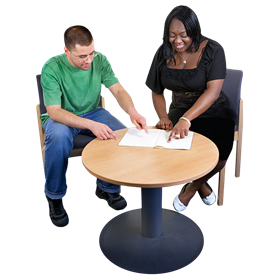
This is a meeting where we do an assessment and talk to you about what you might want to do in your life when you are an adult.
This is known as a Care Act assessment.
Preparation for adulthood is about leaving education and becoming an adult.
Assessments give us information about you and the support you need.
To do your assessment, a social worker will ask about:
- your life now
- what you want it to happen
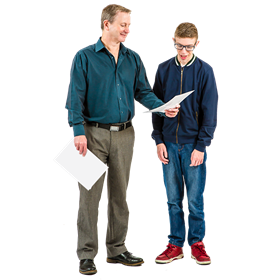
Why you should take an assessment
The assessment will tell us whether or not you can get support from adult social care in the future.
If we cannot give you support, we will give you advice and information about other organisations that may be able to help.
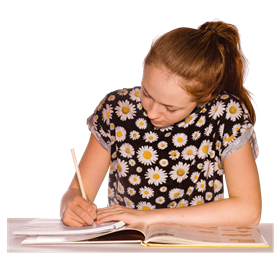
Getting ready for your assessment
Before the meeting:
- think about the people you want to invite to the meeting - this could be your family, friends or carers
- ask an advocate to come if you need someone who is independent, and who will speak up for you
- fill in the getting ready sheets, which we will give you - this will help you to think about what is important to you and what information you may need
- think about what you want to do when you leave school - this might be sixth form, college, or work experience
- think about any questions you want to ask
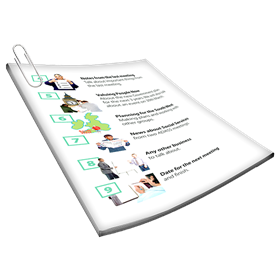
After the assessment
We will send you a copy of your assessment. We will ask you if you agree with what has been written. If not, we will discuss it with you and make the changes.
We will send a copy to your advocate if you need it and to anyone else who attends the meeting.
If you are likely to get social care support as an adult, the workers will do your assessment.
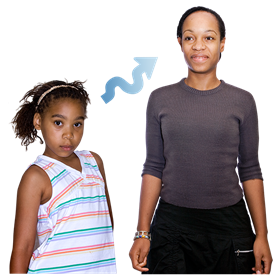
The Preparation for Adulthood team
The Preparation for Adulthood team is made up of workers who work with young people aged between 14 and 25. They work with young people who may need adult social care support in the future.
The team helps young people to plan for adulthood and to be as independent as possible.
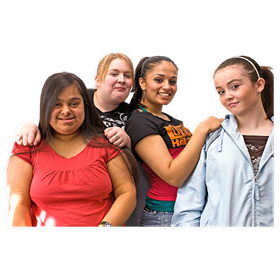
Being a part of community
More ideas to help you get ready for your assessment. Think about:
- hobbies, sports, or other activities you enjoy doing
- places you like to visit
- transport - if you walk, cycle, catch the bus or get lifts in a car
- people you like to meet
- keeping yourself safe
- what information and support do you need

Leaving school
Think about after school:
- sixth form, college, training, apprenticeships, work experience, or volunteering
- what sort of job do you want to do
- your current skills and the new skills you want to learn
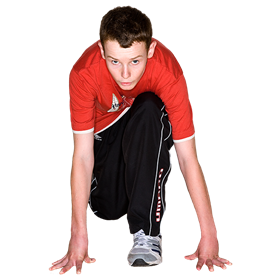
Health
Think about:
- things you like to do to stay fit
- making sure you eat well
- how you get help to stay healthy such as doctor, dentist, optician appointments
- help with medication
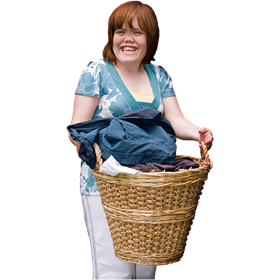
Independent living
Think about:
- where do you want to live when you are an adult, for example, with family, with friends, or on your own
- what tasks you need to learn and what you can do for yourself at home such as cooking, cleaning, washing and ironing
- what support you might need and how you manage money, shopping, budgeting and a bank account
- who you can talk to if you are worried or need help
